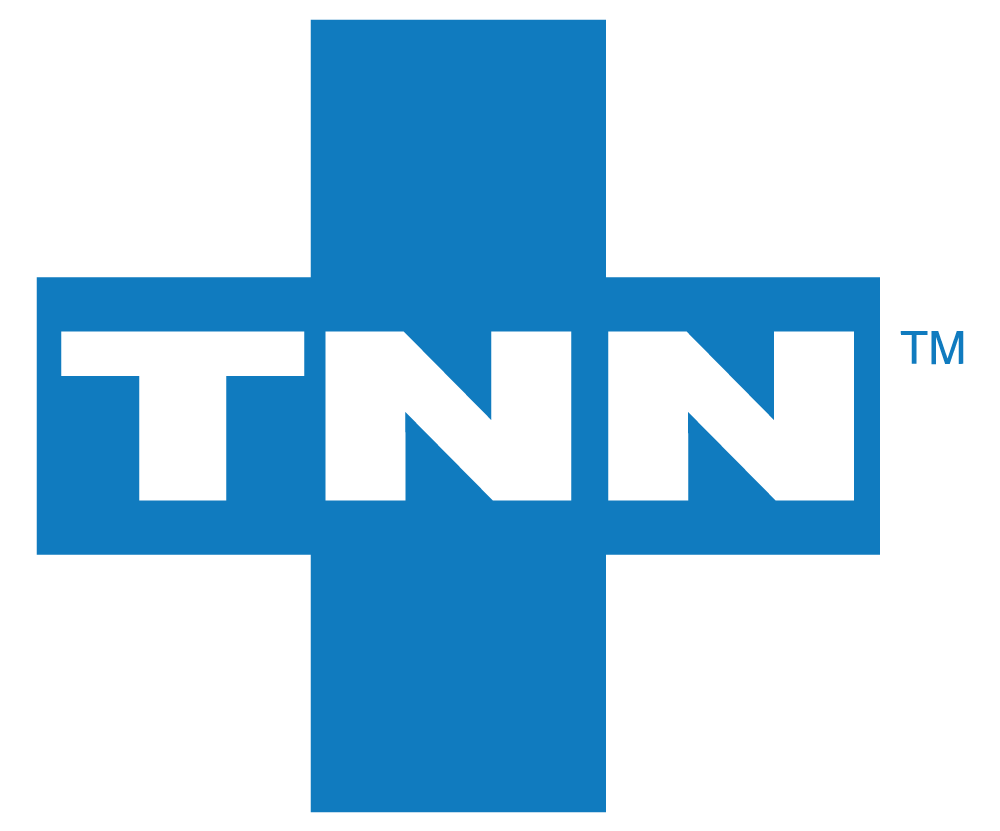
Why a Good Resume is Crucial for Your Nursing Career
Best Practices for Resume Writing for New Nurses
1. Know What Employers Are Looking For
- Relevant Skills: Highlight your nursing skills that are relevant to the job you’re applying for. These could include patient care, medical procedure competence, or even soft skills like communication or teamwork.
- Education and Certifications: Your nursing degree, licenses, and any additional certifications should be clearly stated on your resume.
- Experience: For new nurses, this might include clinical rotations, internships, or any volunteer work in the healthcare field.
- Professionalism: This is reflected in the overall presentation of your resume. It should be well-organized, free of errors, and formatted consistently.
2. Start with a Strong Objective or Summary
3. Highlight Your Education and Certifications
4. List Relevant Clinical Experiences
Even as a fresh graduate, you’ve likely had some hands-on experience through your clinical rotations or internships. Don’t underestimate the value of these experiences. They show potential employers that you’re familiar with a healthcare setting and have applied your nursing skills in real-life situations.
In this section, mention where you completed your rotations, the type of unit (like pediatrics or emergency), and any specific responsibilities or accomplishments you had.
5. Showcase Your Skills
This is your chance to shine. Highlight the nursing skills that you’ve developed throughout your education and clinical experiences. This could include technical skills like administering medications, patient assessment, wound care, and more.
Don’t forget about soft skills as well. Nurses need excellent communication, empathy, teamwork, problem-solving, and time-management skills if you can provide examples of how you’ve used these skills in a healthcare setting, even better.
6. Formatting Matters
The structure of your resume greatly influences its legibility. Adhere to a neat, business-like layout. Employ bullet points for effortless perusal, and maintain uniformity in font size and style. Steer clear of industry-specific vernacular or complicated language. Bear in mind, simplicity and brevity are crucial.
Keep in mind, your resume constitutes your initial impression on a prospective employer. By adhering to these nursing resume suggestions, you can forge an enticing resume that highlights your skills and paves the way for success in your nursing profession.
7. Tailor Your Resume to Each Job Application
8. Use Action Verbs and Quantifiable Achievements
Use action verbs when describing your responsibilities and achievements to make your resume more impactful. Words like ‘administered’, ‘coordinated’, ‘implemented’, or ‘assessed’ are more dynamic and engaging than passive phrases.
Additionally, whenever possible, use numbers or quantifiable achievements. For instance, instead of saying “provided patient care”, you could say “provided care for up to 10 patients per shift, receiving positive feedback on bedside manner”.
9. Include Relevant Keywords
10. Proofread, Proofread, and Proofread Again
11. Keep It Concise
12. Consider a Professional Review or Resume Writing Service
If you’re struggling with writing your resume, consider seeking help from a professional resume review or writing service. They can provide valuable feedback and help you present your qualifications in the best possible light. Remember, investing in a great resume can pay off by helping you land that first nursing job more quickly.
A well-crafted resume is your passport to a promising nursing career, especially for new nurses. By following these best practices for resume writing, you can effectively highlight your skills and experiences, making you stand out in the competitive healthcare industry.
Looking for Your Perfect Nursing Job?
If you’re a nurse seeking the ideal permanent job, Total Nurses Network is here to help. We understand the unique challenges and opportunities in the nursing field. Our team of experienced professionals is dedicated to connecting nurses with the best job opportunities. Visit our website at Total Nurses Network or contact us today. We’re committed to helping you find a rewarding and fulfilling nursing job that aligns with your career goals.
Final Thoughts and Next Steps
Crafting an effective nursing resume is both an art and a science. It requires a strategic blend of relevant content, strong action verbs, precise language, and clean formatting. By following these nurse resume tips, you can create a resume that not only lands you interviews but also helps launch your nursing career.
Now that you know how to create a compelling nursing resume, it’s time to put these tips into action. Don’t rush the process; take the time to craft a resume carefully that accurately represents your skills, experiences, and career goals. With a bit of effort and strategy, you’ll have a resume that opens doors to exciting nursing opportunities.








